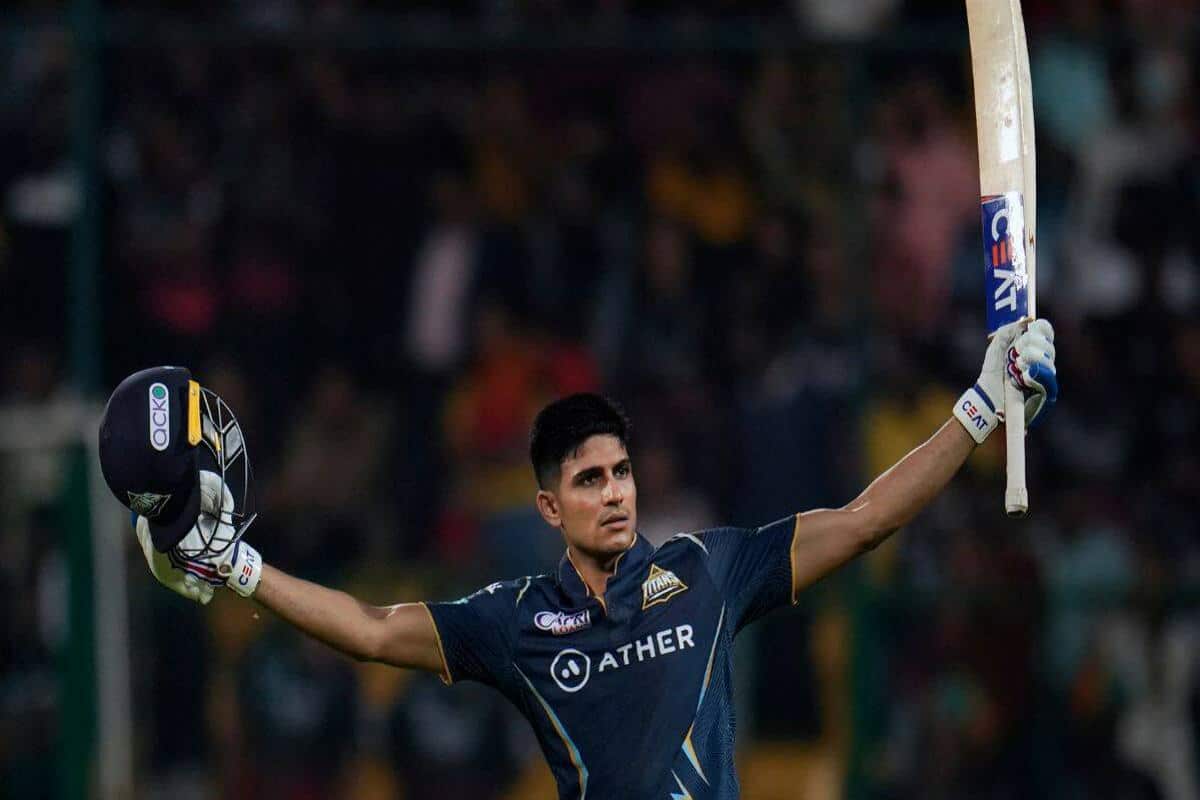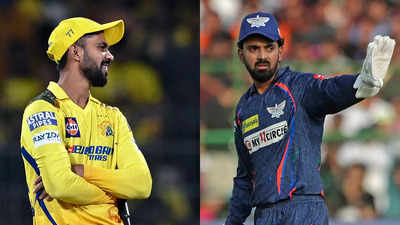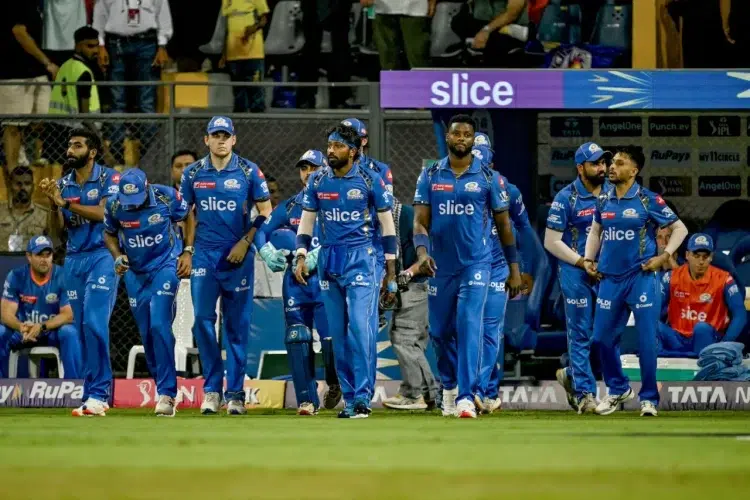Shubman Gill’s Century Feats at No. 3 Fail to Allay Father’s Concerns Over Role Change

In the realm of cricket, a player’s position can be pivotal to their performance, and a recent shift in the batting order has proven controversial for one of India’s promising talents. Shubman Gill, who has emerged as a noteworthy performer for India, made headlines not just for his on-field prowess but also because of his father’s critical remarks. Despite scoring his first ever Test century at No. 3 against England, Gill’s father vented his frustration regarding his son’s move from the opening slot to one down in the batting line-up.
The bespectacled youngster followed his maiden Test century with another laudable triple-figure score in the fifth Test match in Dharamsala. This feat could have been a reason to celebrate for the Gill family, yet Gill’s father, Lakhwinder, a coach by profession, expressed displeasure over the decision to adjust his son’s batting role. Lakhwinder emphasized that while individual performance is significant, the overarching goal should always be to contribute to the team’s victory.
Shubman Gill’s journey at No. 3 commenced before the tour of West Indies last July, where he encountered a rough patch, initially struggling to find his rhythm. Although the team management continued to support him, doubts lingered about the prudence of moving Gill up in the batting order. However, with two centuries scored in the last 30 days, Gill proved his mettle, albeit not quelling the concerns surrounding his batting position.
The elder Gill was candid in his belief that his son is innately more compatible with the opener’s mantle, arguing that the No. 3 position only serves to augment the pressure on the batter. Lakhwinder’s critique hinges on the notion that batting at No. 3 creates an ambiguous role for a player, leaving them entangled between the responsibilities of an opener and a middle-order batter.
While the young cricketer’s recent accomplishments stand as testament to his adaptability and skill, his father’s comments have sparked a debate on the strategic elements of batting order and player development. The Indian cricket fraternity, along with its legion of fans, will be closely monitoring Shubman Gill’s progress, especially given the nuanced dynamics of his batting position. As India continues to sculpt its team composition, Gill’s evolution as a cricketer at No. 3 will be followed with keen interest, and perhaps, a dash of familial concern.






